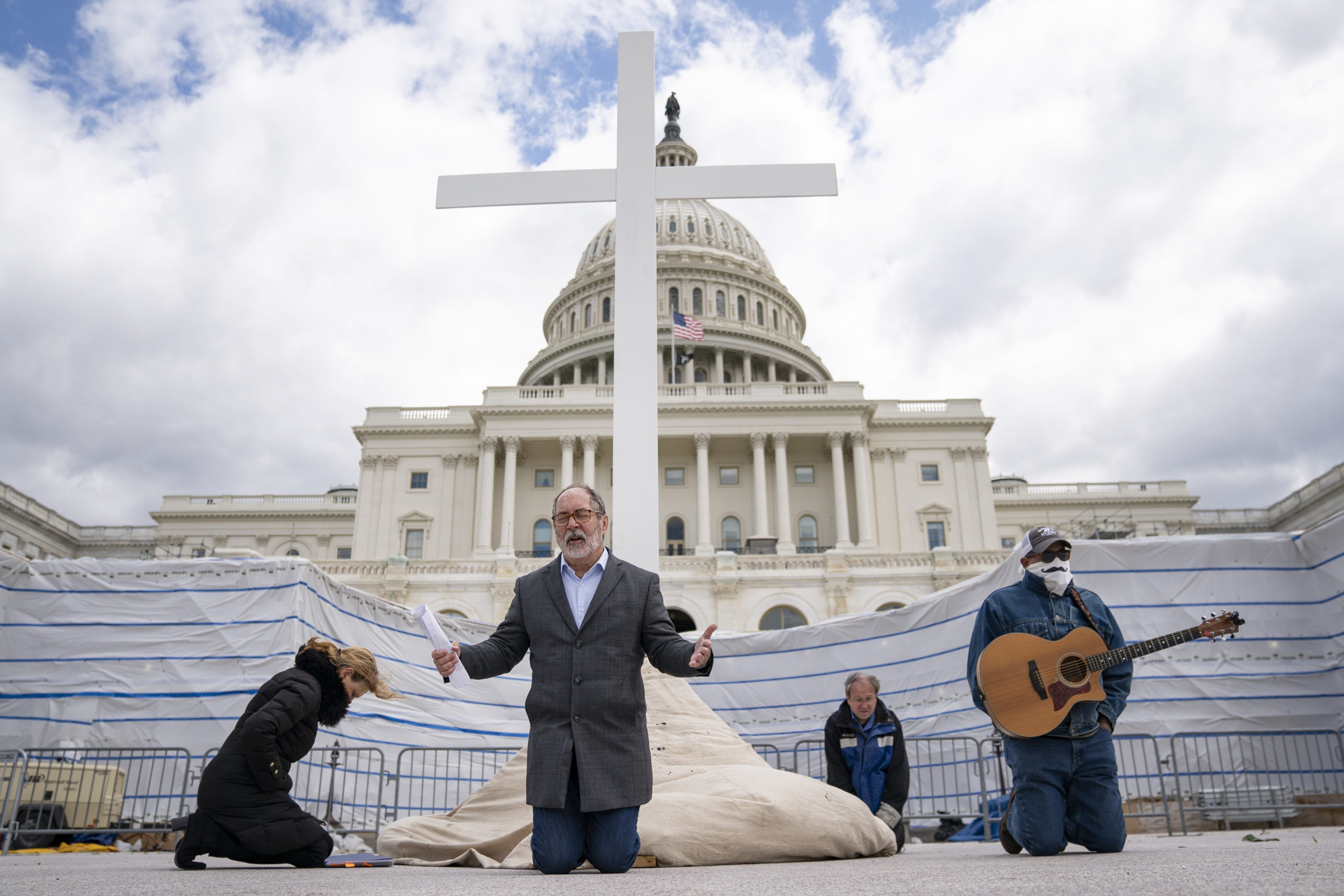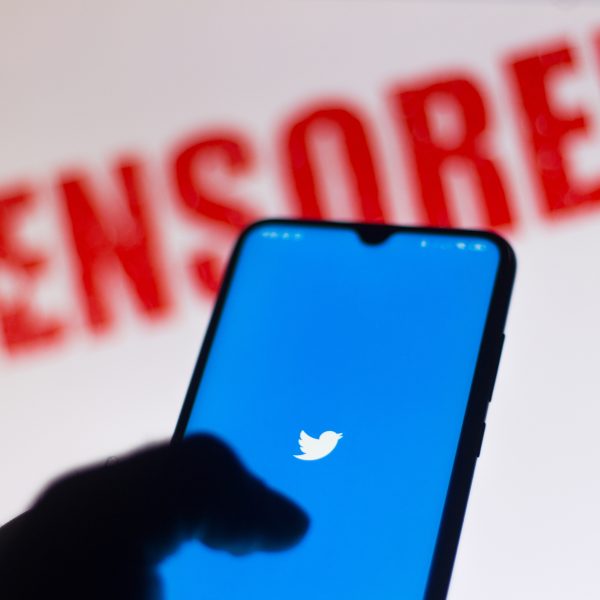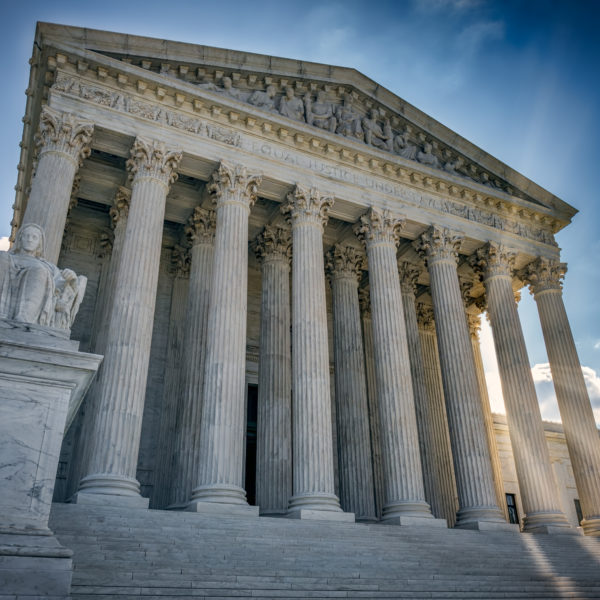08.31.2021 Verified Complaint
08.31.2021 Application for Temporary Restraining Order and Preliminary Injunction
08.31.2021 Points of Authority in Support of Temporary Restraining Order and Preliminary Injunction
09.08.2021 Government’s Memorandum in Opposition to Temporary Restraining Order
09.08.2021 Declaration from Scott Grossi
05.17.2024 Opinion Granting Plaintiff’s Motion for Summary Judgment
Pelosi’s fence came down, but restrictions on speech remain.
In July, the fence surrounding the United States Capitol was removed opening the Capitol Grounds for First Amendment expression—that is, First Amendment expression for some.
Reverend Patrick Mahoney applied for a permit to hold a prayer vigil on September 11th outside the U.S. Capitol. As an ordained minister, Rev. Mahoney believes, sincerely, that he is called by God to pray—to pray for our country’s protection, to pray for healing, and to pray for God to “build bridges to our Muslim neighbors.”
But Rev. Mahoney’s permit application was denied, and he was told that although the fence surrounding that Capitol had been removed, Capitol Grounds were still “restricted.”
That is, they are restricted to Rev. Mahoney.
What is abundantly clear is that the Capitol Grounds are not restricted to everyone. Representative Cori Bush and dozens of others protested for days—camping on the steps of the Capitol—demanding the renewal of an eviction moratorium. And that is not all. At least one other permit application was approved and that group held a large protest with a stage, sound equipment, and a significant media presence.
But now on multiple occasions, Rev. Mahoney’s religious expression is being censored without any statutory or regulatory justification. Instead, the U.S. Capitol Police Board appear to be exhibiting unfettered discretion over expression on the U.S. Capitol Grounds granting free speech to some but not to all.
The Constitution is clear, government officials may not pick winners and losers with respect to constitutional rights.




